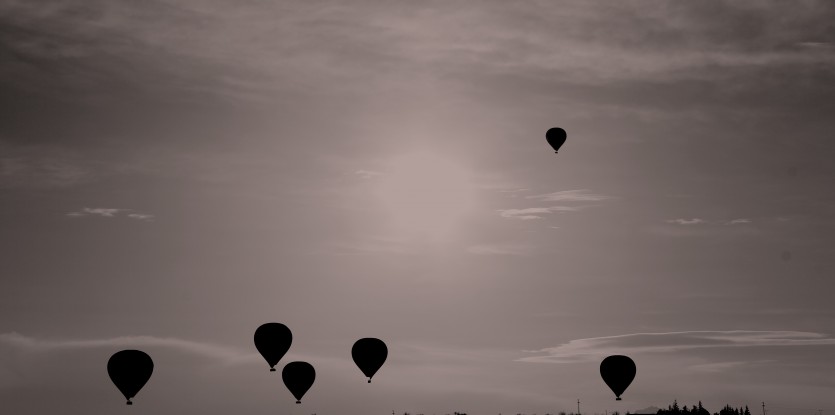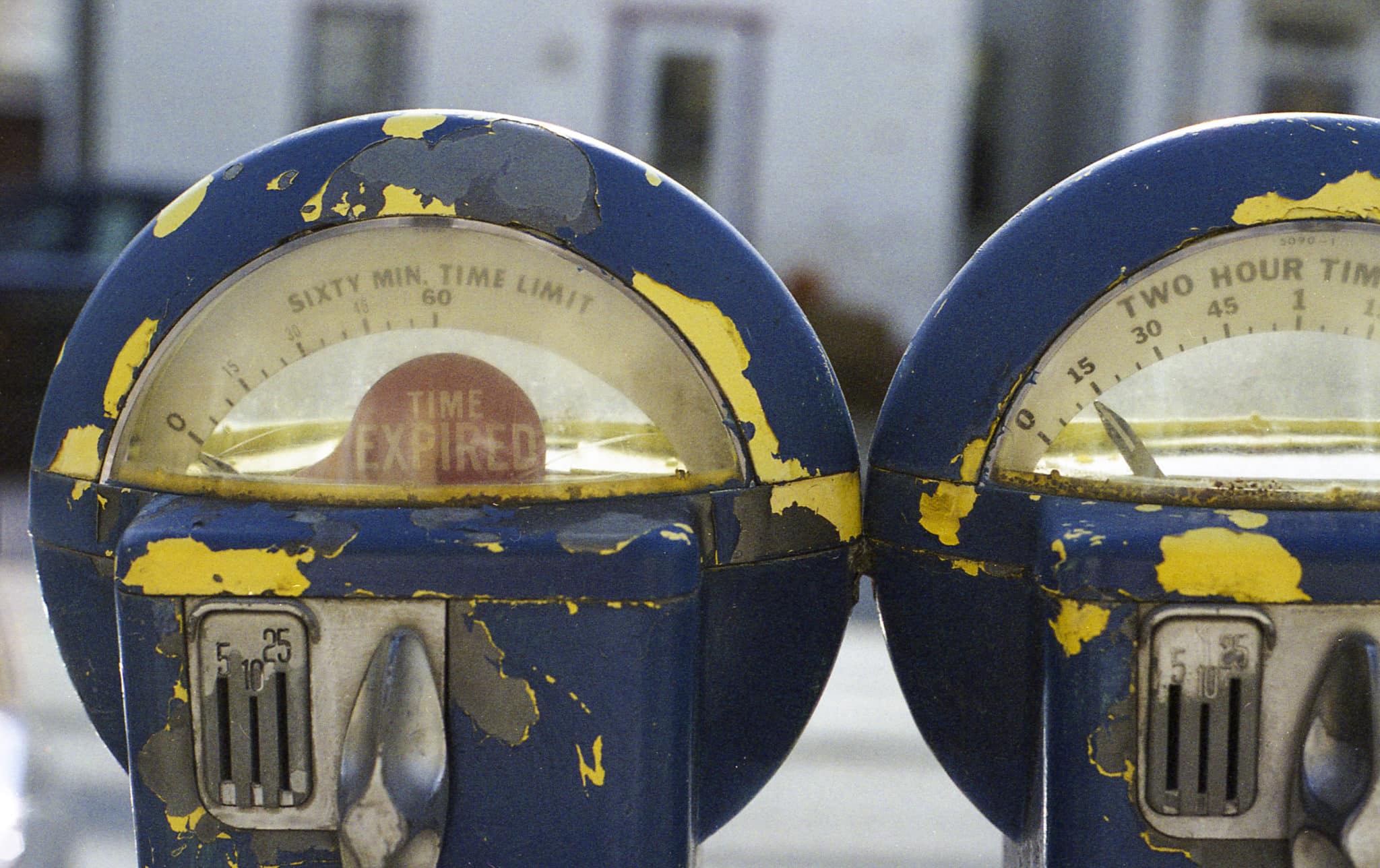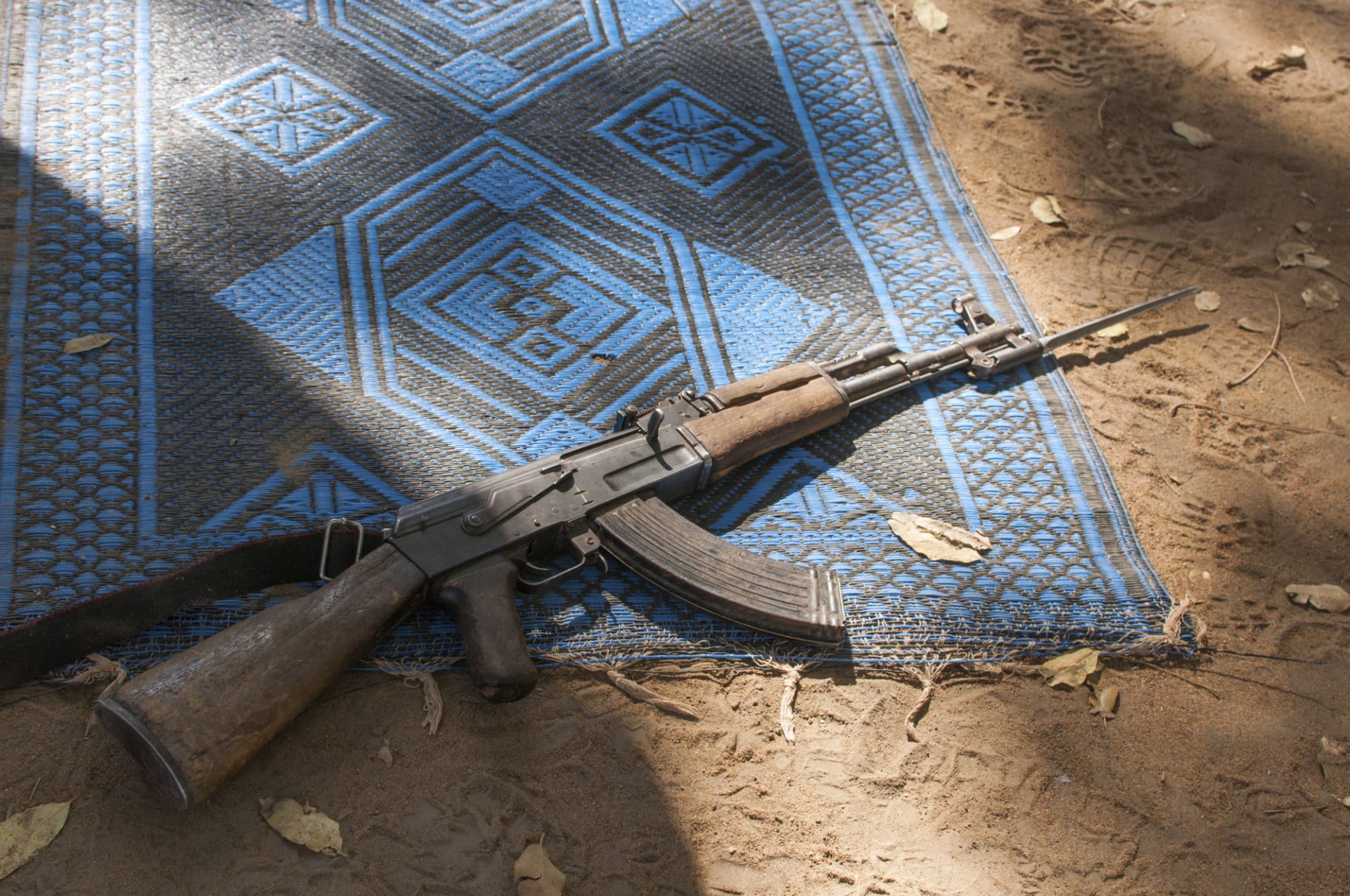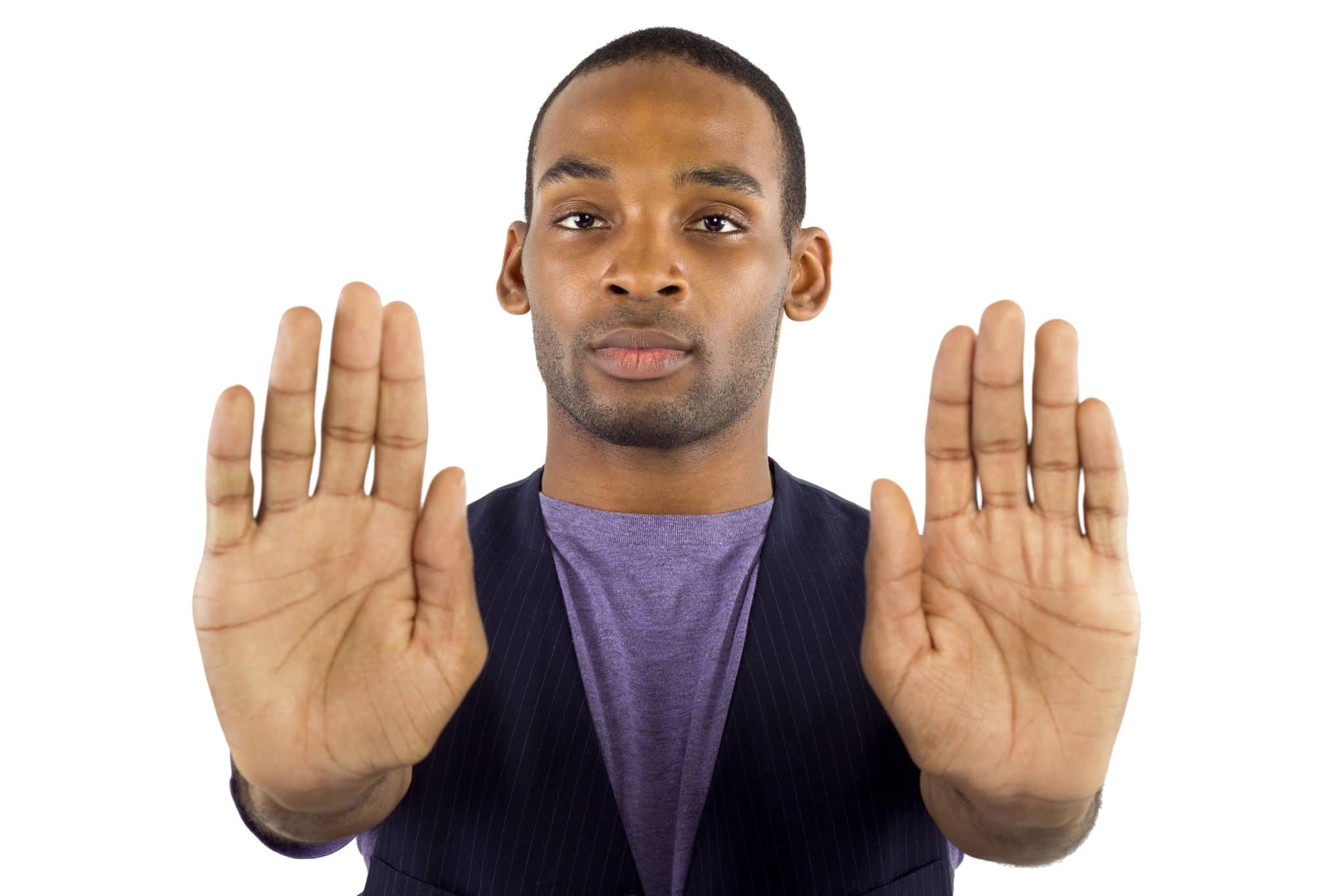See that I am endowing upon you today both a blessing and a curse
– Opening of this week’s Torah portion (Deuteronomy 11:26)
The boundary has been breached yet again: First the Tsunami in the Indian Ocean last December; now Hurricane Katrina on the Gulf Coast of the United States.
Death and devastation were left in the wake of the killer winds. But even worse is the damage done by the secondary effects of the hurricane: The flooding waters breaking through the levees in New Orleans.
Its heart wrenching to see the images of dead bodies, homeless men and women, homes destroyed, the sick in dire need of medical attention – the sheer misery of so many people uprooted.
We have to feel humble. Despite all our technological advancements, we are quite vulnerable to the forces of nature. One deadly blow dealt by a hurricane has changed millions of lives forever.
Like all tragedies this one is bringing out the best and the worst in people, both the blessing and the curse: Remarkable acts of heroism and generous philanthropy on the beautiful side; looting and pillaging on the ugly side.
As it was after the Tsunami, the outpouring of charity and humanitarian aid demonstrates an unprecedented benevolence – unlike anything ever seen in history. Over thousands of years nations have exploited each other, especially in vulnerable times. Today however we find a powerful surge of decency. What has changed?
Yet, we cannot ignore the exposure of many people’s most base elements as they revert to primitive predators when left to their own devices.
Why is it that disorder – the breakdown of conventional structures – causes some of us to shine and others to stink? Is it due to nature, poverty, education, lack thereof or some other factors?
How would you behave with no fear of law enforcement? Would you become a devil or a saint? Would you choose the path of “blessing” or that of “curse”?
These and many other questions come to mind as we choose to look at a major catastrophe of our times. As Maimonides exhorts us:
“When a calamity strikes the public we must cry out, examine our lives and correct our ways. To say that the calamity is merely a natural phenomenon and a chance occurrence is insensitive and cruel”
(Laws of Fasting 1:2-3).
And of course, the big question is about G-d. Why does He give us “both a blessing and a curse” in the first place? The answer, if we can call it an answer, lies in one word in the opening of this week’s Torah chapter: “See that I am endowing upon you today both a blessing and a curse.” The fascinating word used here is “endowing” – as if it’s a “gift” (“noson” in the original Hebrew is the root of “matonoh” (gift). As the Talmud states “All who give, always give with a good eye”). To endow a gift of blessing makes sense, but what does it mean to “endow” us with the “gift” of curse?!
The greatest gift of all is clarity. In an imperfect word like ours it is not realistic to expect that we will only have perfect moments. Life is filled with challenges. Difficult moments come our way as much, if not more than beautiful experiences. The real challenge if life is not to avoid or ignore the harder times, but to know what to do with them. We are endowed with this gift of clarity: to know how to deal with any given situation – whether it be a “blessed” one or a “cursed” one. To be aware of the path not to take is as great a gift as knowing which path to take.
Why life has “curses” – whether they are “natural” disasters or man-made ones – is the great question of the ages. After all the answers that have been offered, sacred silence is the ultimate answer: For the suffering person, no explanation in the universe or beyond, will ever justify or explain trauma. A rational mind cannot speak to a bleeding heart. Academic discussions do not touch the crying soul. The mind is simply too limited.
However, what is equally true is that we have been endowed with all the necessary resources and faculties to face any challenge that comes our way, both the path of “blessing” and the path of “curse.” We may not know why tragedy strikes, but we can know what do about it.
There’s much to say. But also very little to say. We are taught that we are all creatures of one G-d and all part of one grand design. The tragedy of one person is a tragedy for the entire human race. How much more so a collective tragedy that has affected millions of people.
We therefore console each other by expressing our feelings, validating our questions and sharing our experiences. The human experience – whether it be in pain or in joy – is sacred, and our natural reactions – whether it be outrage or resolution – is Divine.
I cannot claim success, but one primary objective of my writing these lines week after week, is to give credence to the human experience of loss and gain. To respect the dignity – yes, that’s the word – dignity. Human dignity, the most Divine of features (malchut in the mystical structure), has been greatly compromised in our times. One of the greatest achievements is to lift people’s spirits and celebrate human dignity.
Amidst the devastation on the Gulf Coast, ultimately the saddest sight to witness is people stooping to bestial behavior, betraying their own dignity and that of others. And the most empowering experience is seeing human dignity honored.
Yes, we always have two paths before us: Blessing and curse. Knowing that is a great gift. How we will choose is up to us.
***
In the spirit of communication, I have written about the effects and lessons we can glean from natural disasters. Instead of plagiarizing and repeating these ideas here, here are the links to the articles: One was about Hurricane Frances last September – Interview with Frances. And another about the December Tsunami and its after effects, A Changed Landscape.
When land is devastated by flooding waters (resulting from a hurricane or a tsunami) one fundamental issue that comes to mind is that of boundaries: The breakdown of the inherent boundary between land and water.
In the Tsunami article I cited at length the psycho-spiritual meaning of the boundary between land and water – the boundary between the conscious and the unconscious, between matter and spirit. This border is necessary for sanity and for individuality. Yet, the ultimate goal is to bridge and integrate both universes, in ways that one does not annihilate the other.
However, in an unbalanced world these boundaries get confused, and occasionally intrude in destructive ways.
Boundaries are one of the challenges of our times. Whether physical, psychological or emotional, boundaries of all sorts have become highly ambiguous today. The same is with the boundaries between our spiritual and material lives, between Church and State, between personal and marketplace ethics and in personal, communal and international relationships – we find it difficult do define where one standard begins and another ends.
In Israel, where everything is amplified, boundaries are a very real issue, and therefore the inevitable so called “occupations” and “evacuations.”
Perhaps that’s why the Torah places much emphasis on “gvulei haaretz” (land boundaries), and all other parameters of life: To ensure a fully integrated life we must respect the boundaries of our diversity.
A fascinating phenomenon today is the fact that as technologies converge communities diverge. It was presumed, as logic would seem to dictate, that as the world became increasingly global (economically and technologically), the borders would thaw between societies, cultures, communities and nationalities. Instead, the exact opposite is happening. Segmentation is intensifying. Why? Because diversity is healthy and inherent. Thus, the globalization of knowledge is empowering individuals and strengthening the uniqueness of communities.
Hurricane Katrina has demonstrated with devastating results the breakdown of the boundary between water and land. As a result the once thriving New Orleans is now mostly submerged in water. (True, the city was built upon below sea level swampland, but in our own self aggrandizing confidence we thought we, the people of land, had conquered the waters).
Physics today understands that we live in an interactive universe. We, humans, are not objective observers of the world in which we live. We affect and are affected by the events around us. It’s as if the atomic particles can sense us. The observer actually changes his/her environment.
This is not to be understood in a simplistic, linear fashion. Rather, we have a complex symbiotic relationship with the universe. Whether we feel it or not, natural phenomena – like hurricanes, earthquakes and volcanoes – impact and are impacted by us far more than we can ever imagine.
What would the world be like if there were no hurricanes and floods? The tragedy is not the actual storm, but the havoc it wreaks when man stands in its path. Hurricanes and earthquakes at sea, for instance, hurt no one, and are actually a very healthy component of our ecosystem.
Science explains that hurricanes are a necessary part of the atmospheric circulation system, which moves heat from the equatorial region toward the higher latitudes. They may bring much-needed precipitation to otherwise dry regions. An appreciable percentage of Japan’s rainfall is due to typhoons, for instance.
Mystics explain that the winds and rains are part of maintaining cosmic balance. In a fragmented world, one not consciously in touch with its source or mission, gusts blow in winds of change and precipitation moisten our arid lives.
The imbalance “gets out of control” – as in the “breakage of vessels” in the mystical world of Tohu (if you have no idea what that means, read the Tsunami article) – when a hurricane or another powerful event strikes land and inflicts devastating damage.
So, as our hearts go out to the dead and the suffering, the survivors and the displaced, let us remember to keep sacred the boundaries in our own lives.
Let us remember that we always have two paths before us: Blessing and curse. And that we have the power to choose.







